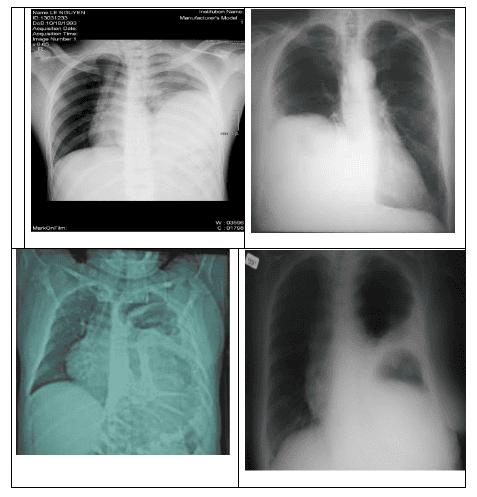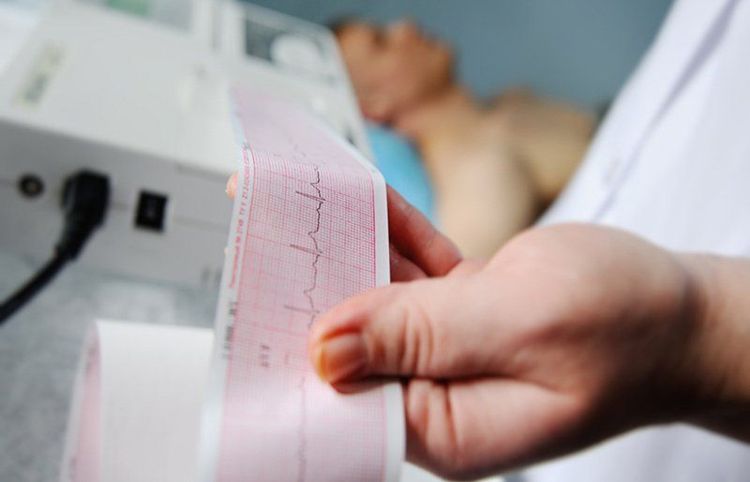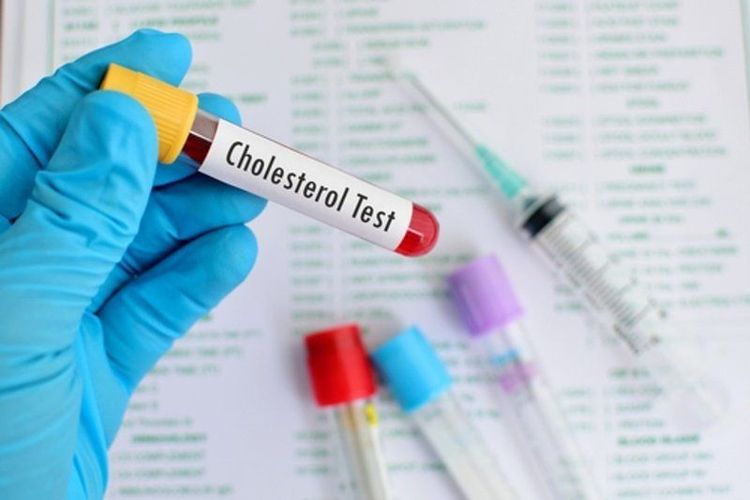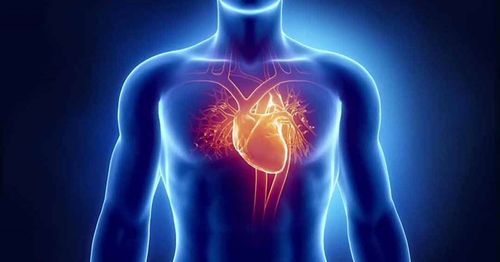This is an automatically translated article.
The article is professionally consulted with Master, Doctor Tong Diu Huong - Radiologist - Department of Diagnostic Imaging - Vinmec Nha Trang International General Hospital.Heart failure is a dangerous disease, this is one of the causes of stroke in patients. Therefore, early diagnosis and treatment will help patients with heart disease prevent dangerous complications. Chest X-ray is a diagnostic method for heart failure. However, to get an accurate diagnosis, the specialist will combine with other laboratory tests.
1. What is heart failure?
Heart failure is a condition in which the heart's function is severely impaired. At that time, the heart cannot meet the pumping ability to supply blood to the organs and activities of the body. This condition has a negative impact on the health and quality of life of the patient, increasing the risk of other dangerous complications.Patients with heart failure will have different symptoms, but most of them will have the following signs in common:
Rapid deterioration of health, even during normal daily activities Frequent shortness of breath At night, especially when lying with the head low, Swelling of the legs or arms is mild to severe.

2. Is a chest x-ray an accurate diagnosis of heart failure?
A chest X-ray is an accurate diagnosis of heart failure that is not questioned by many patients with heart disease. According to experts, chest X-ray only helps in differential diagnosis of heart failure. That is, the X-ray images will allow the doctor to rule out causes of symptoms that can be confused with heart failure such as cough, shortness of breath due to pneumonia or pneumothorax.If the x-ray shows the following results, the diagnosis is heart failure:
Enlarged heart shadow Cardiothoracic/thoracic index > 0.5 Passive pulmonary hypercirculation, Kerley line B Pleural effusion Wing image butterflies in acute pulmonary edema. Besides, to accurately diagnose heart failure, patients will be assigned to perform different tests such as: electrocardiogram, MRI, CT scan, echocardiogram...
At the same time, The doctor will rely on the typical symptoms that heart failure patients may experience such as: shortness of breath, fatigue, cough, edema...

3. Other tests to help diagnose heart failure
Below are tests done in conjunction with a chest X-ray to evaluate for heart failure.3.1. Electrocardiogram (ECG)
This method is indicated to find the cause of heart failure. From the ECG data will find signs of old myocardial infarction (Q wave), atrial or ventricular hypertrophy, signs of myocardial ischemia (abnormal changes in ST-T), conduction disturbances or cardiac arrhythmias.In some cases, patients who need to be monitored for intermittent arrhythmias will have an electrocardiogram Holter within 24 hours.

3.2. Echocardiography
Unlike chest X-rays, echocardiography allows specialists to diagnose heart failure most accurately. Through echocardiography, the doctor will evaluate the overall condition, morphology and function of the heart. At the same time, heart diseases such as regional movement disorders; heart valve diseases; pericardium; Congenital heart disease was also diagnosed.The above method allows doctors to come up with appropriate treatment regimens for the patient after finding the cause and degree of heart failure.
3.3. Blood tests
Blood tests play an important role in detecting cardiovascular risk factors. Patients with heart failure are advised to regularly go for blood tests such as: Complete blood count; Testing the concentration of electrolytes: Magnesium, Calcium, Sodium, Potassium...; blood biochemical tests: fasting blood sugar, liver function test, creatinine, blood cholesterol, LDL-C, HDL-C, triglycerides, thyroid function test (via TSH, FT4, FT3) and urine tests.Through this test, the doctor will evaluate the diseases that are at risk of exacerbating heart failure such as: Diabetes, anemia,...

3.4. Determination of BNP levels in the blood
Quantification of BNP levels in the blood is an important test to help assess the functioning of the heart. The test, whose full name is B-type natriuretic peptide, measures the amount of BNP hormone in the blood produced by the heart. If this level rises above 400 pg/ml, it is a sign of heart failure. BNP levels <100pg/ml, the likelihood of heart failure is low.People who are indicated for BNP testing are:
Obese people at risk of hypertension, diabetes, coronary heart disease Patients with heart failure who are in the process of monitoring and treatment Showing signs of failure heart but difficult to do ultrasound. Patients with heart failure need to go to the hospital to receive a doctor's examination and advice. From there, there will be early treatment, reducing the risks caused by the disease.
To protect cardiovascular health in general and detect early signs of cardiovascular disease, customers can sign up for the Cardiovascular Screening Package of Vinmec International General Hospital. The examination package helps to detect cardiovascular problems at the earliest through tests and modern imaging methods. The package is for all ages, genders and is especially essential for people with risk factors for cardiovascular disease.
Why should you choose Cardiovascular Screening Package at Vinmec International General Hospital?
Simple and quick procedure. Enthusiastic advice and support, reasonable and convenient examination process. Comprehensive facilities, including a system of clinics and consultations, blood collection room, dining room, waiting area for customers... The medical staff has high professional qualifications, style. Professional, caring way of working.
Please dial HOTLINE for more information or register for an appointment HERE. Download MyVinmec app to make appointments faster and to manage your bookings easily.














